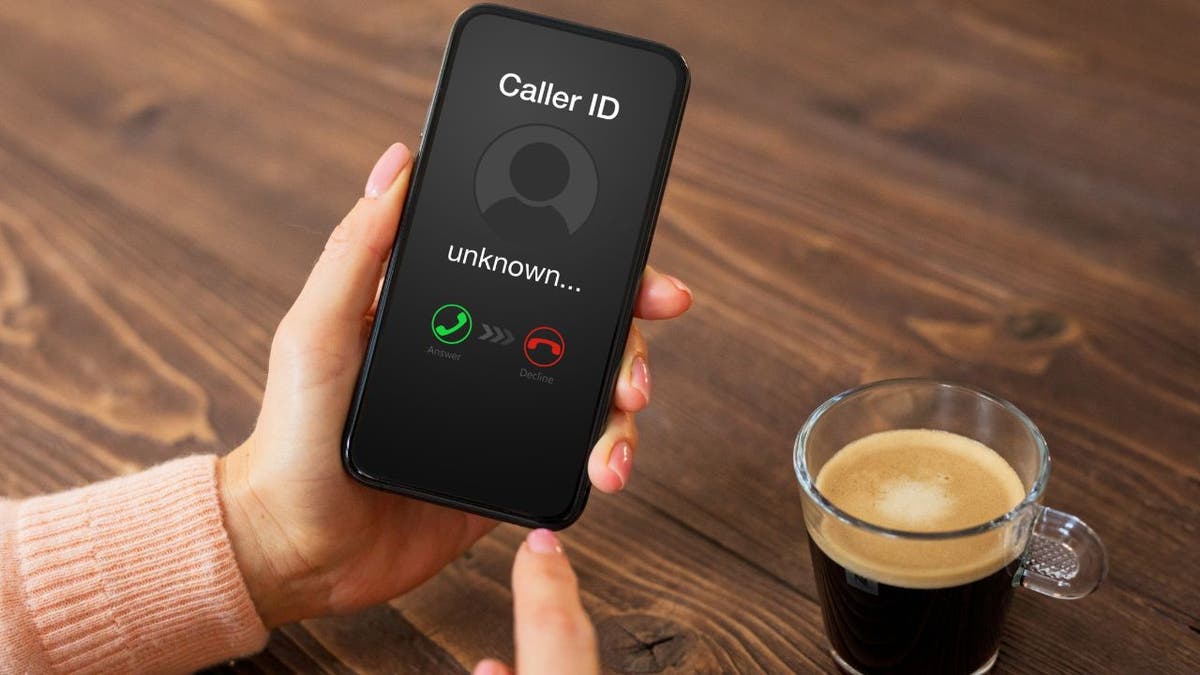You’ve heard the stories … A CEO was conned out of $233,000 when someone copied the voice of his parent company’s boss. A 75-year-old woman nearly lost $27,500, thinking her grandson was in trouble.
With as little as $4, anyone can copy a voice with super-cheap, super-powerful AI software. I’ve got the inside scoop on tricks these scammers use so you don’t fall for it.
I’m giving away $1,000 gift card to your favorite airline. Try my free tech newsletter to enter!
YOUR CAR IS A TARGET — DON’T GET HACKED OR DUPED
10 popular tactics
In the age of TikTok, Facebook, Instagram, Snapchat, LinkedIn and YouTube, where we broadcast our lives (and voices) to the world, scammers are having a field day.
They’re extracting voice samples, feeding them into their AI machines and producing chillingly accurate voice clones. With that, the stage is set for a scam that’s as emotionally brutal as it is ingenious.
Pro tip: Unless you’re trying to make it as an influencer or you’re a public figure of some kind, set your social media profiles to private. You’re just giving too much away with a public account.

Setting your social media profiles to private, if you’re able, is an easy way to deter scammers seeking your personal information. (Matt Cardy/Getty Images)
Kids’ summer camp upset: There’s been a gas leak and they need to evacuate immediately. The camp counselor wants you to pay for a hotel room and bus ride for your child.
Charity request: A voice you’ve definitely heard on TV called you, looking for cash to help disaster victims. What’s your credit card number?
Neighbor needs help: She’s crying that your dog was hit by a car and she took him to the vet. You’ll pay the bill now, right?
HOW TO SCORE CHEAP STUFF (TO KEEP OR RESELL)
Auto parts emergency: Your trusty mechanic calls with bad news: Don’t drive your car, because there’s been a major recall and you need to buy the parts now!
Urgent business expense: Your boss calls from an unknown number. They’re at a business conference and urgently need you to wire money for unexpected expenses. Can you handle it right away?
Medical emergency: A relative’s voice frantically tells you they’ve been in a serious accident and need money immediately to pay the hospital bill before they can be treated.

There are thousands of potential voice scams that can be used to target you. (Photo by Jaap Arriens/NurPhoto via Getty Images)
Stuck in jail: Your child has been arrested and needs bail money immediately. They instruct you to send the money to a specific account before things get even worse.
Utility shutoff: A representative from the electric company, sounding exactly like someone you’ve spoken to before, says your service will be shut off unless you make an immediate payment.
School fundraiser: Your kid’s school principal calls, asking for donations to support a new project. They just need your credit card information to process the donation.
Travel trouble: A close friend calls from a vacation spot. They’ve lost their wallet and are stranded. Can you wire some money to cover their hotel bill and return flight?
These are just some examples. There are thousands more where these came from.

Checking caller ID is one of a few ways to gauge whether the call you’re receiving is from a potential scammer. (iStock)
Your plan of action
Before you consider selling the family silver or clearing your savings account, let’s talk strategy. You need to know about this now, before something scary happens, so you’re prepared.
- Check the caller ID: If the call’s coming from a number you don’t recognize or, even worse, a blocked or hidden number, that’s a big red flag. Even if it sounds like your kiddo or mom on the other end, hang up, then dial them on their cell.
- Verify with video: In high-profile cons like those involving a business, scammers have used AI video, too. But most low-budget cons won’t go that far.
- Buy time: If the voice on the other end claims they’re in a jam — say, an accident or they’ve been detained — tell them you’ll help but want to check things out first. Immediately try to reach that person through other means or contact someone who might know their whereabouts.
- Money talks: If someone demands a wire transfer or Bitcoin payment, your scam alert should be blaring. Authentic emergencies don’t come with specific, shady payment demands.
POLICE WARN HOMEOWNERS OF ‘OUT OF TOWN’ SCAMMERS TRYING TO SELL, RENT VACATION PROPERTIES THEY DON’T OWN
People fall for this stuff every day. Take care of the folks in your life by sharing this story. It could save someone’s financial future.
CLICK HERE TO GET THE FOX NEWS APP
Get tech-smarter on your schedule
Award-winning host Kim Komando is your secret weapon for navigating tech.
Copyright 2024, WestStar Multimedia Entertainment. All rights reserved.
